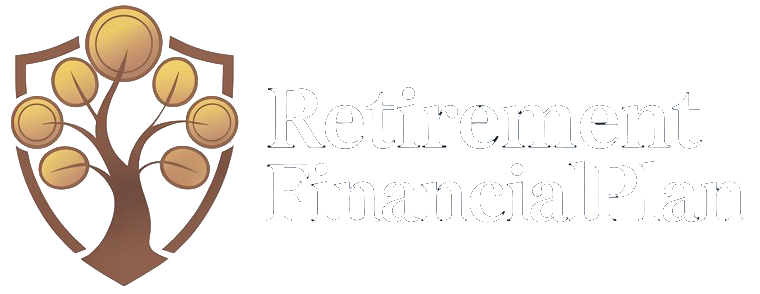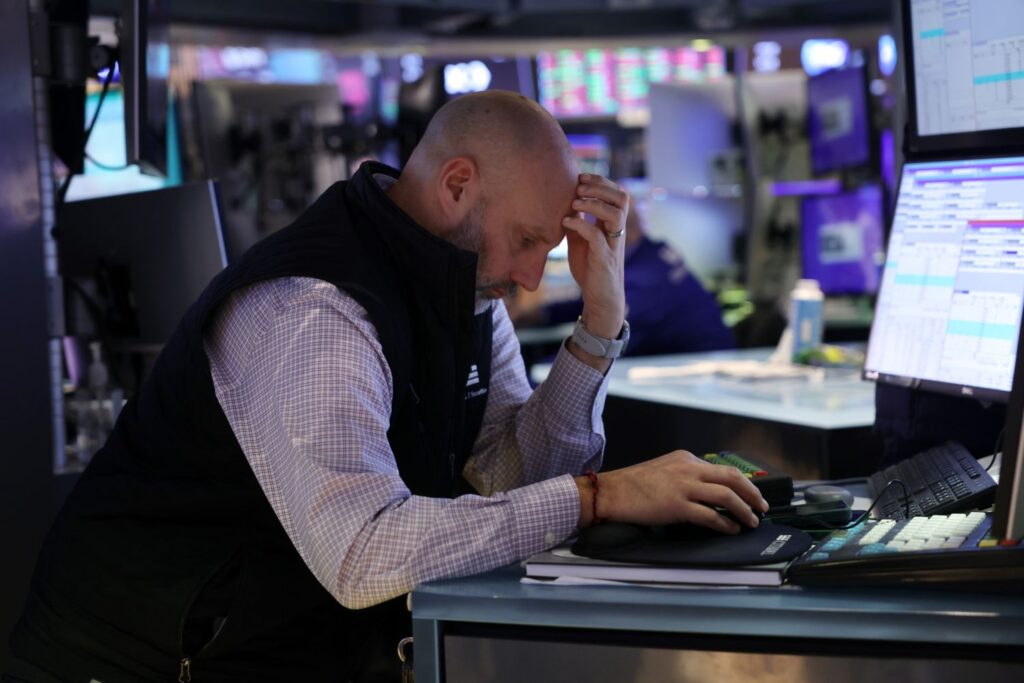Key Takeaways
- Healthcare stocks have substantially outperformed the broader market this month as AI bubble concerns have weighed on tech stocks.
- Professional fund managers are more bullish on healthcare than they’ve been since December 2022, according to a recent Bank of America survey.
November’s Wall Street obsession hasn’t been AI. It’s been healthcare.
The S&P 500’s Health Care Index has risen 5% so far this month, handily outpacing the broader market, which is down more than 4%. Tech, meanwhile, has fallen more than 8% since the start of the month, making it the S&P 500’s worst-performing sector over that time.
Pharmaceutical stocks have posted the largest gains in the healthcare sector. Regeneron Pharmaceuticals (REGN) has been best-performing stock in the S&P 500 over the past month, followed closely by Eli Lilly (LLY).
Why This Is Important
On Wall Street, healthcare is often seen as a defensive sector that investors turn to when uncertainty is high or the economy is on the ropes. Concerns about overvalued tech stocks and have chipped away at investors’ risk appetite of late, boosting healthcare in the process.
The latter’s shares have risen more than 20% this month, and on Friday the maker of the blockbuster weight-loss drugs Mounjaro and Zepbound briefly became healthcare’s first trillion-dollar company; its market cap currently sits in a territory between Walmart (WMT) and Berkshire Hathaway (BRKA, BRKB).
Broadly speaking, the move is largely a reflection of investors’ search for the perception of safety in the stock market. Wall Street has been all about AI for the better part of three years, but that enthusiasm has cooled in recent weeks as investors drew parallels between today’s AI boom and the Dotcom Bubble of the late 1990s.
Those similarities—elevated valuations, gargantuan investments in a nascent technology, and vendor financing deals—have given students of history pause. After all, it took the Nasdaq 15 years to recover after the Dotcom Bubble burst in 2000. Nearly half of professional money managers consider an AI bubble the market’s biggest tail risk, according to Bank of America’s November Global Fund Managers Survey.
What luster tech stocks have lost recently, healthcare appears to have gained. Fund managers increased their allocations to healthcare stocks by 20 percentage points this month, more than any other asset class in BofA’s survey. Investors haven’t been this bullish on the sector since December 2022.
Investors often favor healthcare when anxiety is running high on Wall Street or Main Street. When times are tough, people can cut back on travel, entertainment, and even trade down on certain essentials, but they’re less likely to stop taking medications or seeing doctors. The necessity of healthcare is one reason traders view the sector as a defensive play.
While Wall Street is warming up to healthcare, the trend could undoubtedly turn. President Donald Trump has been a vocal critic of the sector, railing against “money sucking Insurance Companies” and vowing to “knock out the middleman,” referring to the pharmacy benefit managers that negotiate drug prices with drugmakers, insurers, and pharmacies.
He’s also pushed drugmakers to lower drug prices on TrumpRx, and threatened to impose steep tariffs on pharmaceutical products imported by companies without a U.S. manufacturing presence.
Healthcare could also end up the beneficiary of a short-lived rotation. Most analysts were encouraged by Nvidia’s (NVDA) strong earnings report Wednesday, which many expected to revive the AI trade. Investors have felt differently in recent days, but several tailwinds, including potential interest rate cuts, robust earnings growth, and benefits from this year’s “One Big, Beautiful Bill,” could still woo wary investors who’ve decamped for safer stocks.

